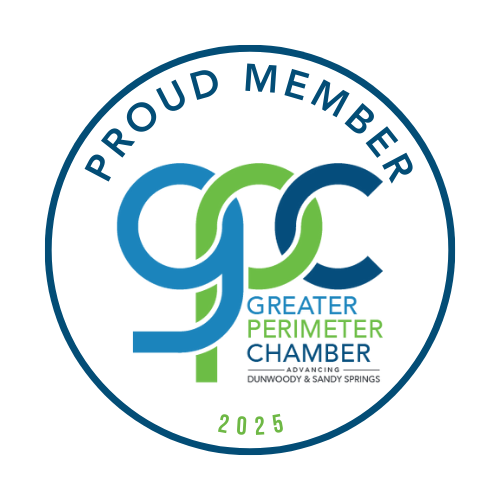Recovering from addiction is a difficult path to navigate; however, a crucial factor in achieving rehabilitation is having a stable and supportive environment around you. For those in recovery – individuals who have gone through programs or detox – transitioning into sober living plays a vital role. Sober living homes provide a drug-free environment where individuals can slowly piece their lives back together and regain their independence while also staying responsible and committed to their sobriety journey.
What is Sober Living?
Halfway houses or transitional living facilities, known as sober living homes, offer a place, from substances for individuals in recovery from addiction to reside in a supportive environment, with others striving for sobriety as well; residents must uphold sobriety standards and adhere to house regulations while attending support gatherings regularly and possibly assisting with household tasks or rent expenses.
These residences differ from rehab facilities by providing autonomy for residents to work or study and spend time with family while maintaining the necessary support to prevent relapse effectively. The balance of self-reliance and responsibility makes sober living a phase between intensive rehabilitation and everyday life.
The Advantages of Living a Sober Lifestyle
Sober living residences aim to help individuals smoothly transition from rehab to their routines, providing more than a place to stay. They offer various benefits crucial for sustained healing in the long run. These benefits include a supportive community, structured routines, and the opportunity to regain independence and self-esteem. By living in a sober environment, individuals can focus on their recovery and build the skills and habits necessary for a successful, sober life.
Sober living facilities are designed for recovery support. Individuals find themselves among peers who comprehend the struggles of overcoming addiction challenges. This camaraderie fosters a sense of responsibility and mutual motivation within the community. Housemates can assist one another in overcoming shared hurdles by providing support and joining in celebrations of progress made.
Living in sober living facilities typically involves adherence to guidelines such as curfew adherence and attending drug tests and support group meetings like Alcoholics Anonymous (AA) or Narcotics Anonymous (NA). These rules are put in place to assist residents in forming routines and staying committed to their journey of sobriety within a community that values accountability and reduces the inclination to revert to past behaviors.
Living in a sober living environment allows individuals to reclaim their autonomy in a structured setting where they are motivated to seek employment or education and manage their daily obligations efficiently. By easing into everyday routines and responsibilities, residents can boost their self-esteem and inner strength, which sets them up for success as they transition out of the sober living community.
Living in homes acts as a shield against falling into old habits by providing ongoing assistance and direction for individuals seeking recovery from addiction in an environment where potential triggers abound. Moreover, sober living offers a haven to retreat to after a day to safeguard against relapse. The communal setting further ensures that there is always someone to provide guidance or support during times.
Find Dual Diagnosis Sober Living in Georgia
Looking for a sober living residence in Georgia may require some effort and patience; however, there are assistance options to guide people in making well-informed choices when selecting the ideal sober living environment that meets their requirements.
Utilize Your Support Systems.
One helpful way to begin is to visit government websites that offer assistance in overcoming addiction and maintaining a lifestyle in Georgia. For instance, the Substance Abuse and Mental Health Services Administration (SAMSHA) provides the Behavioral Health Treatment Services Locator tool. This tool can help you discover sober living facilities and other resources for treating addiction. SAMSHA is a resource for finding state-approved sober living spaces that adhere to regulatory standards.
Moreover, the Georgia Department of Behavioral Health and Developmental Disabilities (DBHDD) provides resources and support for those seeking assistance with substance abuse recovery in Georgia. On its website, you can find a directory of state-funded programs and facilities throughout Georgia that help individuals find sober living accommodations. These programs often collaborate with sober living homes to help individuals transition from rehabilitation facilities by offering them access to cost-effective housing options.
Atlanta Recovery Place: Supporting Dual Diagnosis, Sober Living
Are you or a family member seeking a sober living option in Georgia? It’s crucial to locate a dependable setting that nurtures lasting recovery journeys. Atlanta Recovery Place provides a range of addiction treatment solutions to assist in the transition from rehab to sober living. Through their commitment to tailored support services, Atlanta Recovery Place can help match you with a sober living residence that suits your requirements. This ensures you stay on track toward sobriety with the assistance you need and deserve.
Continue your path to recovery by reaching out to Atlanta Recovery Place today for guidance on discovering a sober living space that fosters well-being and personal development for sustained accomplishments in the long run.









